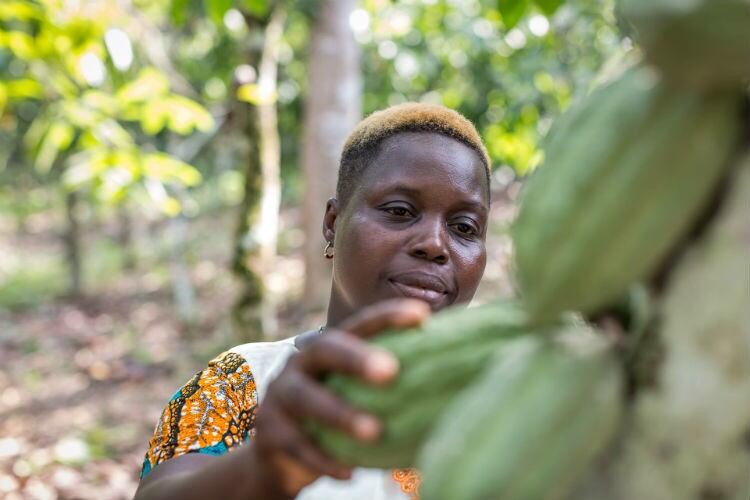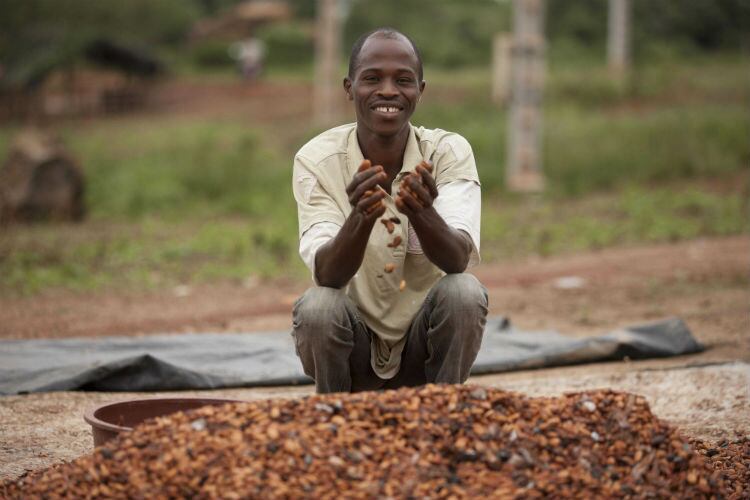From October 2020, Ghana and Côte d'Ivoire, which produce more than 60% of the world's cocoa, will require an extra premium of $400 per tonne of cocoa, the so-called living income differential.
Political
This initiative by the Ivorian and Ghanaian governments is a political measure to achieve a higher and more stable price for cocoa producers and to significantly increase the total farmer income to help reduce poverty and child labor issues.
“The BDSI supports the objectives of the governments of the Côte d'Ivoire and Ghana to improve farmers' incomes with this special levy on cocoa. However, it is imperative to ensure that the surcharges actually arrive at the cocoa farmers - and only there - and are not used for other measures,” said Aldo Cristiano, chairman of the Chocolate Goods Division at the BDSI.
"This minimum price concept must not be viewed in isolation. In the long term, a holistic agricultural policy and good administrative practice in the producing countries are the only thing that will help. Otherwise there is a risk of further overproduction on the world market, which could lead to falling cocoa prices. The desired increase in income for small farmers would then be gone.”
Certification
The German confectionery industry has set itself the goal of making a significant contribution to development and improving the lives of the people involved in cocoa production in the growing countries. Certification is an important building block for the development of a more sustainable cocoa sector.
The most important certification standards, Fairtrade and Rainforest Alliance/UTZ, set strict requirements for the prevention of abusive child labor. Smallholders who are members of Fairtrade or Rainforest Alliance cooperatives usually have higher and more stable incomes.
In 2019, the proportion of cocoa certified according to sustainability standards in the confectionery sold in Germany reached 72% - a recent survey by the BDSI revealed. In the first BDSI survey for 2011, this share was only around 3%.
Improve incomes
Many German confectionery manufacturers have also launched their own projects and programs that enable farmers and their communities to improve their incomes, become more productive and climate-resistant, protect the environment and combat deforestation, and protect the rights of people in the supply chain respect.
The BDSI is also actively involved in the ‘Forum for Sustainable Cocoa’, a joint initiative founded in 2012. In addition to members from the chocolate and confectionery industry as well as from the food trade, the organization also supports the federal government, non-governmental organizations and standard-setting associations.




